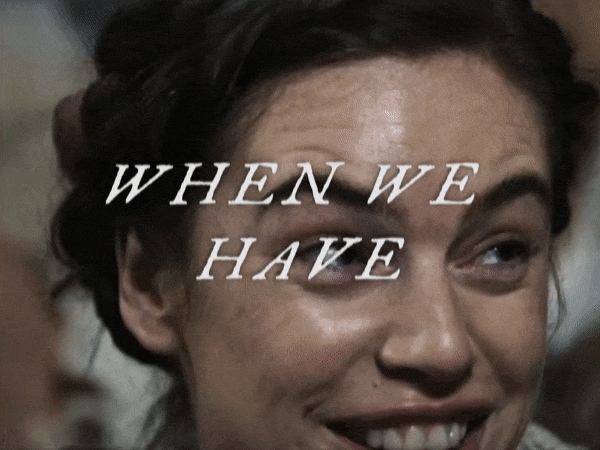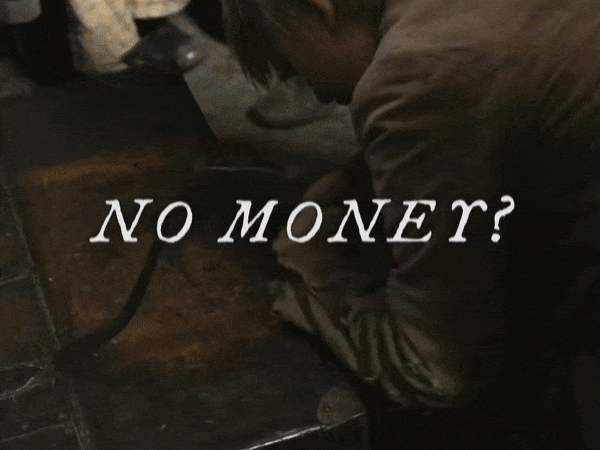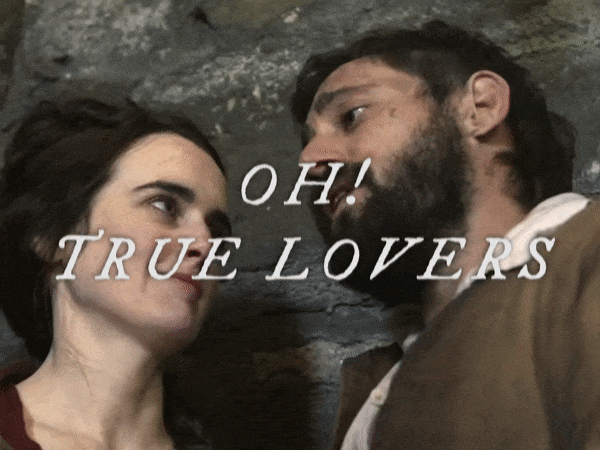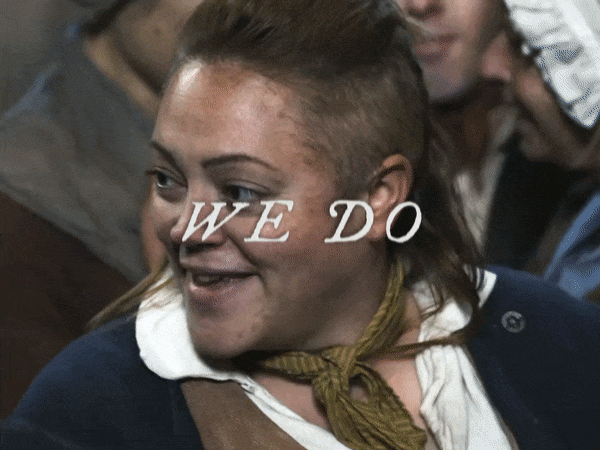#pure anticapitalist joy and love
Text








When I were in Brum, guineas only caused pain. But look at that fucker. That's total joy, that.
The Gallows Pole (2023) // What Will We Do When We Have No Money? (Traditional)
#the gallows pole#the gallows pole bbc#perioddrama#onlyperioddramas#perioddramasource#traditional folk#traditional music#lankum#18th century#my edits#my gifs#im so fucking deep in my feels about this one y'all#this scene#ugly crying.gif#pure anticapitalist joy and love#grasping happiness while we can because what the fuck else are we supposed to do#and its not gonna end well and its not gonna stop the fact that things will get worse#but what else can we do#WHAT WILL WE DO WHEN WE HAVE NO MONEY#OH TRUE LOVERS!!!!#WHAT WILL WE DO THEN??????#such an unprecedented win for the anarchist trad folk community#its what we deserve#peace and love on planet earth
43 notes
·
View notes
Text
book review: Meg Rosoff, How I Live Now (2004)
Genre: Young Adult
Is it the main pairing: yes
Is it canon: yes
Is it explicit: no
Is it endgame: yes
Is it shippable: yes
Bottom line: It finally happened, I broke my own “no cousincest—in this house we turn the TABOO dial up to eleven” rule. In my defense this book is gobsmackingly good.
Lately I’ve been mulling on the difference between books about teenagers and books for teenagers. This one is the former, and a joy to reread as an adult. Our American heroine Daisy is sent across the pond to live with her British cousins; a war breaks out; details are scant but who cares about the war, she starts fucking one of the cousins. She describes it as “falling into sexual and emotional thrall” she said THRALL I am living for it. On a scale from “pure” to “problematic” this ship is almost all light and no darkness—what darkness menaces our protagonists emanates from outside the charmed circle of their big ol’ farmhouse and their sheepdogs and their goat:
The real truth is that the war didn’t have much to do with it except that it provided a perfect limbo in which two people who were too young and too related could start kissing without anything or anyone making us stop. There were no parents, no teachers, no schedules. There was no where to go and nothing to do that would remind us that this sort of thing didn’t happen in the Real World. There no longer was any Real World.
The notion of carving out an idyll where you & the object of your desire spend all day doing nothing but drink each other up? It’s attractive even for those of us conducting mundane relationships in the “real” world. Maybe especially for those of us in the real world, where we compartmentalize our relationships and no one person can fill every filament in our universe. Daisy’s cousins live a cloistered life in the countryside and within a week she’s saying stuff like “I felt like I’d belonged to this house for centuries.” Which is an awfully dramatic way of saying she never felt like she belonged in New York. She doesn’t just fall for Cousin Edmond; she falls for the whole telepathic dog-whispering cousinly clan and their big anarchist energy. When Daisy, an only child, says “I had about as much experience with sex and boyfriends as I did with brothers and sisters,” she is intentionally conflating romantic and familial relationships and I am 1000% here for it. Sure it’s technically cousincest but it feels claustrophobic and codependent and everything I want out of an incest ship.
Every step of Daisy’s obsessive infatuation is chronicled with agonizing tenderness:
I wondered if that’s the feeling you’re supposed to have when your cousin touches a totally innocent part of your anatomy that’s fully clothed.
that’s right it’s the thought and the intention and the pining behind the touch, not the bare fact of physical contact.
Things were so intense I was sure that other people could hear the hum coming off of us.
Imagine desire rising like mist from the surface of one’s skin. And the “other people” part of the equation is important, because it’s the sneaking around behind the other kids’ backs that gives urgency to their coupling:
we started sleeping most of the daylight hours so we could be awake at night when everyone else was in bed … Then we would sleep for a little while and eventually reappear and try to act normal
But what is “normal”? There are no adults and no rules; nothing is forbidden save that they themselves deem it so. What then explains Daisy’s conviction that this is “not a good idea”? Why shroud their affair in secrecy if the most powerful reaction they provoke from smol!cousin who learns about Daisy/Edmond is “Well I’m glad you love him because I do too”? That’s pretty anticlimactic given the lengths Daisy & Edmond have gone to be stealthy. It also emphasizes (in case we’ve forgotten that Daisy has both no siblings and no boyfriends) how romantic & familial attachments spring from a common source. I think what the text is getting at here is that it’s dangerous to put all your eggs in one basket the way Daisy puts all hers in Edmond. It’s dangerous and unhealthy to make one person your whole world, as we see later when Daisy comes to much grief. At no point, however, does she regret her decision.
we could try and try to get enough of each other but it was llike some witch’s curse where the more we tried to stop being hungry the more starving we got.
That’s a hard-hitting simile right there. The thing about curses in fairy tales is they don’t always do what they’re designed to do; frequently they accomplish different ends entirely. If we look at what Daisy’s insatiable hunger for Edmond is displacing we note that Daisy is no stranger to the feeling of constant, gnawing, unsatiated hunger because Daisy has an eating disorder. In her own words:
at first not wanting to get poisoned by my stepmother and how much it annoyed her and how after a while I discovered I liked the feeling of being hungry and the fact that it drove everyone stark raving mad and cost my father a fortune in shrinks and also it was something I was good at.
…which is just about the world’s most cogent account of eating disorders as quests for control & autonomy. By the end of the novel she no longer experiences hunger as “a punishment or a crime or a weapon or a mode of self-destruction” and that's something, anyway.
Y’all know I’m a big skimmer right? I mention this because I want you to take my full meaning when I say I read every single word of this (very short) novel. The syntax helped—most sentences are structured like so: “… and …. and … and then …” but it was engrossing af and I don’t think I’ve ever seen anyone use Ironic Capitalization to such devastating effect. The stylistic choice to use zero dialogue brackets means Daisy’s thoughts and Edmond’s thoughts (Edmond’s a telepath) and external action and internal commentary all run together. I didn’t find this confusing btw I just found it extremely effective.
SPOILERS SPOILERS SPOILERS SPOILERS SPOILERS SPOILERS SPOILERS SPOILERS SPOILERS SPOILERS
Daisy and Edmond are separated at about the one-third mark and she spends the remainder of the book trying to get back to him, traversing a war-torn countryside with Edmond’s smol!sister and his dog in tow (since Daisy is a city girl who can’t even read a compass, maybe it’s more accurate to say smol!cousin + dog have Daisy in tow):
I guess the difference between Gin and me is that when Gin got shut in the barn she thought Edmond didn’t love her anymore but because I could feel Edmond out there somewhere always loving me I didn’t have to howl all night.
The parallel between Edmond’s girl and Edmond’s dog is not an idle one. There’s consistent strain of anticapitalist sentiment that runs through this book, that comes out most strongly in the relationships between Daisy’s cousins and their animals. Some military junta appropriates the farmhouse and displaces Daisy, her cousins, and the menagerie of animals that depend on them—that’s how Edmond and Daisy become separated, they’re “relocated.” The army is hierarchal and in wartime, the army is in charge. By contrast, Daisy’s cousins model a nonhierarchical kind of relationship with their animals, a relationship based on reciprocal obligations rather than dominating other people. “At times,” professes Daisy, “I thought I was more animal than human.” In other words, human beings live under an absolutely barbaric system, and it’s often more “humane” to behave like animals. It’s Edmond’s sheepdog who proves key to Daisy’s successful escape. City girl Daisy still can’t wrap her head around it:
one of the things I most dislike about nature, namely that the rules are not at all precise. Like when Piper says I’m pretty sure that mushrooms aren’t poisonous.
But nature’s strength lies precisely in the fuzziness of its rules! It encourages interdependence & reliance on others, rather than trying to go it alone as an atomized individual. So surviving on the run actually forces one to prioritize community (however you define it) over individual, which has salutary effects on Daisy, who reports “Somewhere along the way I’d lost the will not to eat.” She’s defeated her eating disorder, that’s good news. Unfortunately, Edmond and Daisy are not even reunited before she’s expelled from England and shipped back to America for Reasons. Dw she comes back! As soon as the borders reopen she comes back:
The soldier had stamped my passport FAMILY in heavy black capital letters and I checked it now for reassurance because I liked how fierce the word looked.
Very powerful passage but now for the ending. Let’s not talk about that ending. I don’t know why I called this a good book I am still incredulous we got THAT ending after everything we went through brb I’m suing Meg Rosoff for emotional damages
24 notes
·
View notes